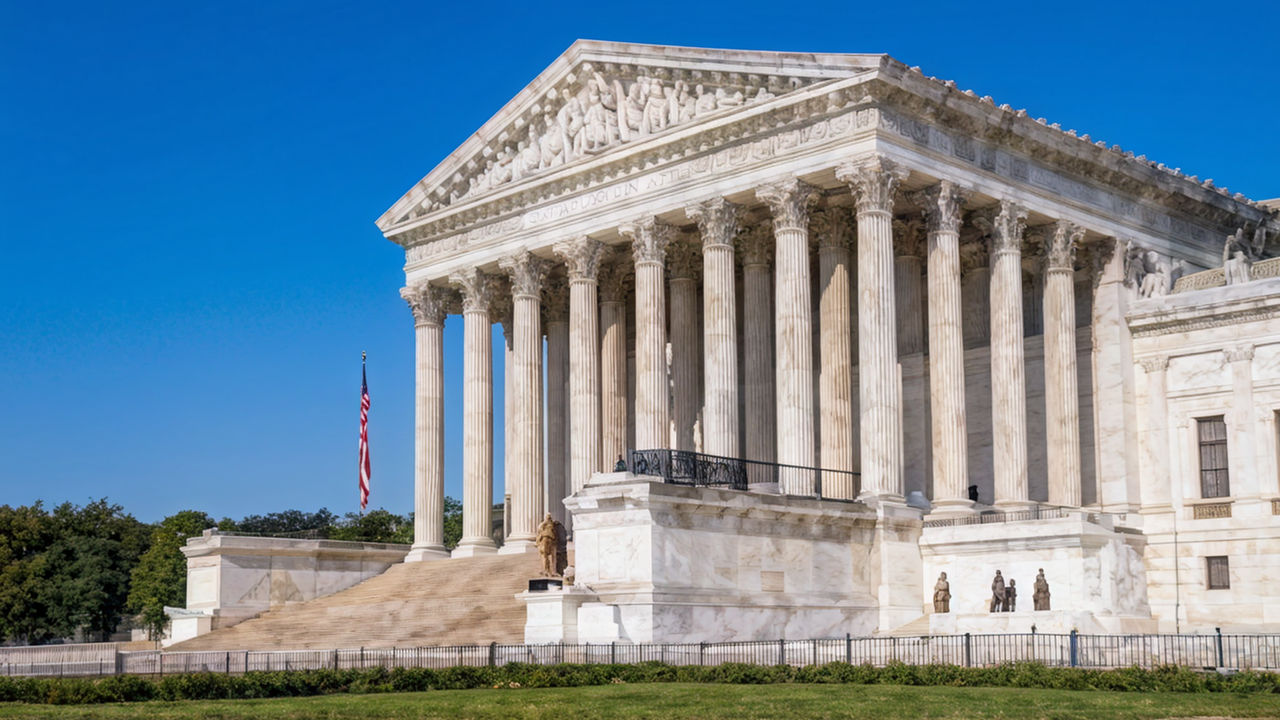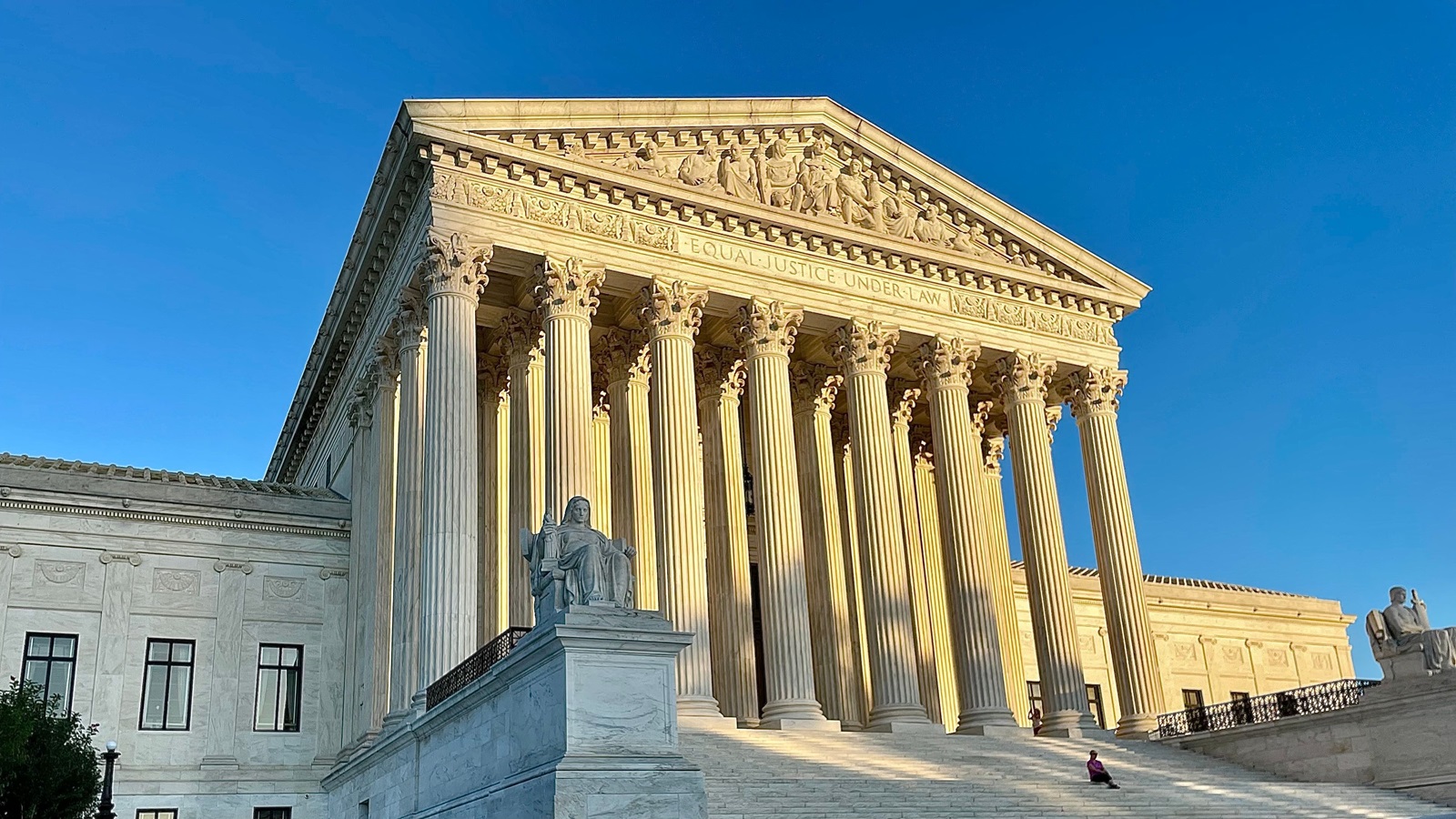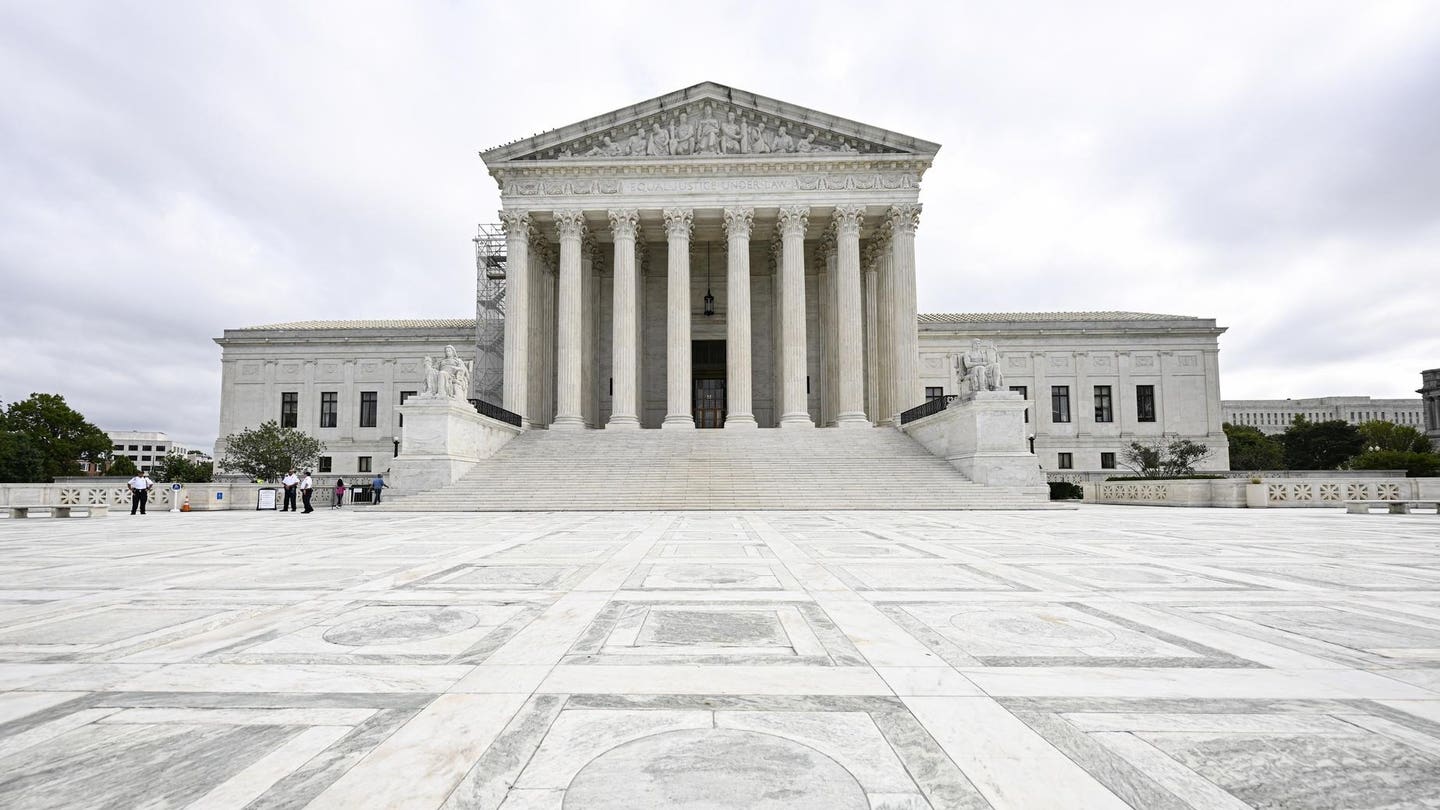SentencingStats.com recently completed a comprehensive analysis of the sentencing outcomes for defendants involved in the January 6th incident at the U.S. Capitol. This study examines 934 defendants who were convicted and sentenced through August 12, 2024. The findings shed light on significant sentencing disparities arising from the exercise of judicial and prosecutorial discretion, highlighting critical gaps in the current legal framework.
Category: Articles
Post-Chevron: The End of Sentencing Guidelines: A New Era for Justice

In their thought-provoking guest article in Law 360, “Post-Chevron, Good Riddance to the Sentencing Guidelines,” co-authors Mark Allenbaugh, Doug Passon, and Alan Ellis dive deep into the implications of the Supreme Court’s recent decision in Loper Bright Enterprises v. Raimondo. This landmark case has effectively dismantled the long-standing Chevron doctrine, which traditionally granted deference to agency interpretations of ambiguous statutes.
Addressing Unconstitutional Sentences Under the ACCA: A Critical Analysis

Thousands of inmates sentenced under the Armed Career Criminal Act (ACCA) are serving prison terms that the US Supreme Court says are unconstitutional. The recent ruling in Erlinger v. United States mandates that a jury, not a judge, must determine whether prior convictions occurred on separate occasions before enhancing a sentence under ACCA. This landmark
New Guidance on Guilty Plea Withdrawals Long Past due – Law 360

New Guidance on Guilty Plea Withdrawals Long Past due – Law 360
Sentencing Reform Advocates Hail Landmark Acquitted Conduct Amendment to U.S. Sentencing Guidelines

Washington, D.C. – In a major victory for sentencing reform advocates, the U.S. Sentencing Commission has amended the U.S. Sentencing Guidelines to preclude the consideration of acquitted conduct at sentencing. This amendment, which goes into effect on August 1, 2024, marks a significant step towards a more constitutional and equitable sentencing system.
Does Pulsifer pulverize sentencing reform?

The Supreme Court made a decision in Pulsifer v. United States that significantly narrowed the reach of the “safety valve” provision, which allows for reduced sentences in federal drug offenses, undermining recent efforts by Congress to mitigate the harshness of mandatory minimum sentences. The majority’s interpretation, as described by Justice Elena Kagan, restricts the eligibility
Law360: How Zero-Point Offender Change Should Work Retroactively

Read the latest expert opinion on Law360. co-authored by SentencingStats.com President Mark Allenbaugh, advisor Doug Passon legendary Federal attorney Alan Ellis predict how the Zero-Point Offender amendment (Amendment 821 Part A) will be implemented.
Supreme Court Must End Acquitted Conduct Sentencing – Law360

Read the latest expert opinion on Law360. co-authored by SentencingStats.com President Mark Allenbaugh and board member Alan Ellis on why acquitted conduct is an unlawful practice that the supreme court must put an end to. Download a PDF of the full article here.Synopsis: Supreme Court Must End Acquitted Conduct Sentencing – Law360 While all three
